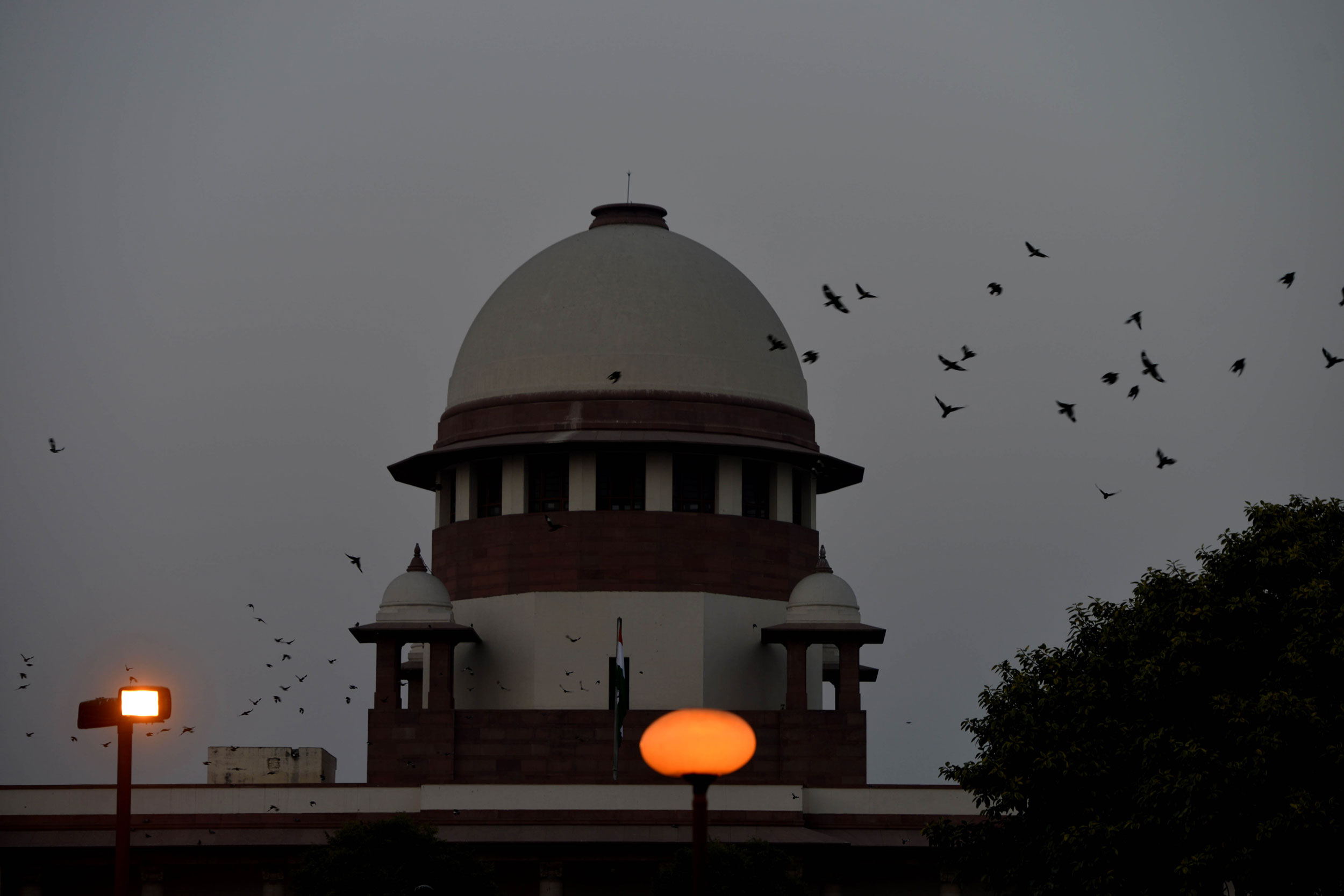The Supreme Court on Wednesday said the Speaker can disqualify a legislator under the anti-defection law but cannot prevent the person from contesting a fresh election to get elected to the House or become a minister.
A bench of Justices N.V. Ramana, Sanjiv Khanna and Krishna Murari relied upon earlier Supreme Court judgments to strike a subtle distinction between the powers under Articles 191(1) and 191(2) of the Constitution.
Under Article 191(1), a member can be disqualified for six years following instances such as conviction. Article 191(1) vests the final authority to disqualify a legislator with the governor who acts in consultation with the Election Commission of India. Article 191(2) deals with the powers of the Speaker to disqualify a member under the anti-defection law.
Writing Wednesday’s judgment, Justice Ramana pointed out that Article 191(1) provides that a person acted upon under any one of the clauses of the article is disqualified both “for being chosen as” and “for being” a member of the House.
In contrast, Article 191(2) only uses the phrase “for being a member”, which is the language used in paragraph 2 of the Tenth Schedule that lists the provisions for disqualification on the ground of defection.
“The exclusion of the phrase ‘for being chosen as’ a member in Article 191(2) of the Constitution suggests that the disqualification under the Tenth Schedule is qualitatively and constitutionally different from the other types of disqualification that are provided for under Article 191(1) of the Constitution.
“The phrase ‘for being chosen as’ has a specific connotation, meaning that a person cannot become a member of the House, if suffering from a disqualification under Article 191(1) of the Constitution. At the same time, the absence of these words in Article 191(2) of the Constitution suggests that a person who is no longer a member due to disqualification under the Tenth Schedule of the Constitution does not suffer from the additional infirmity of not being allowed to become a member subsequently. Therefore, such a person is not barred from contesting election,” Justice Ramana reasoned.
Apart from that, Articles 164(1B) and 361B of the Constitution, which were inserted by the 91st amendment, show that disqualification under the Tenth Schedule does not bar a person from contesting elections as both the provisions specifically indicate the outer period for which the consequences of disqualification would extend. “…Either till the end of the term or till the disqualified member is elected, whichever is earlier,” the provision says.
“The fact that the phrase ‘whichever is earlier’ is used in both these provisions indicates that the Constitution contemplates a situation where an election takes place prior to the end of the term of the House. Further, the term ‘election’ as used in the above provisions has not been constrained by any other word, which strengthens the view that a member who has been disqualified under the Tenth Schedule is not barred from contesting elections,” Justice Ramana said.
The court agreed with the argument of senior advocate Rakesh Dwivedi, appearing for the Election Commission, that barring someone from contesting elections is a very serious penal power which cannot be resorted to by the Speaker in the absence of an express and specific provision of law.
“It is clear that the power to prescribe qualifications and disqualifications for membership to the state legislature must be specifically provided for under the Constitution or by Parliament by enacting a law.
“Since neither the Constitution nor any Act provides for defection to another party as a bar from contesting further elections, reading such a bar into the nebulous concept of the inherent powers of the Speaker is impermissible and invalid,” the top court said.










